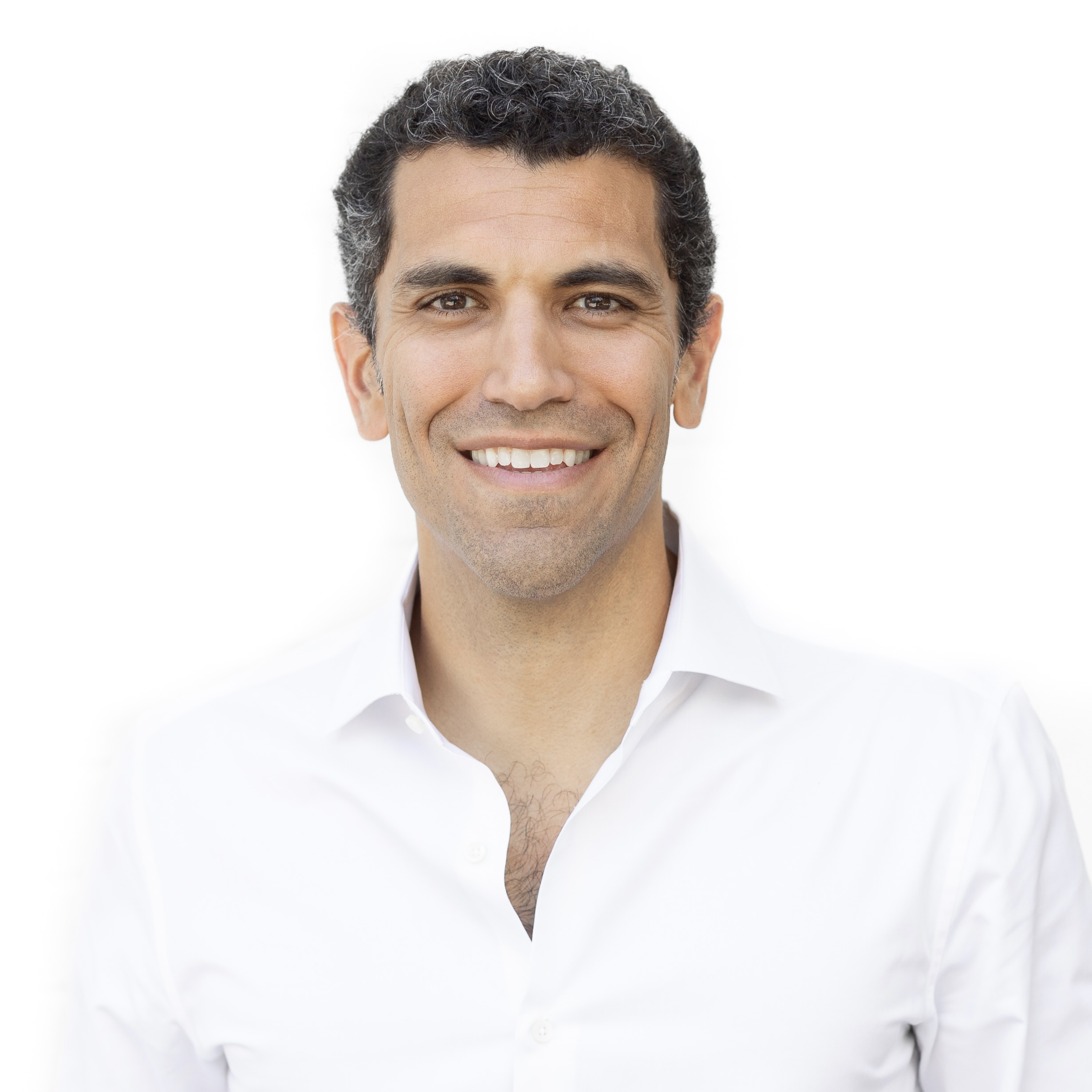Keep Your Early Rounds Small, Your Valuation Reasonable & Close Quickly
December 1, 2014 | By Kevin Vela
This blog was originally published in December of 2014 but was revised in July of 2024 and is still accurate.
Dallas has emerged over the past decade as a thriving center for startups. The communication and shared knowledge in the community has grown as well, which has led to lots of excitement in the startup space. One of the consequences, however, has been an inordinate amount of very early-stage companies seeking outrageous amounts of money at obscene valuations. From time to time I will see $10M+ valuations for pre-MVP companies. It’s silly. This is not to say that there isn’t a time and place for that, as early-stage valuations are not one size fits all. But if you are going to market with an 8-figure valuation for your three-month-old company, your resume should sparkle with previous exits.
Really, I don’t think this is as much of a valuation problem, as it is a budgeting problem. Early-stage companies are over-estimating how much they need, and how much investors are comfortable giving them at this stage. This is leading to a disconnect in early-stage financing.
Ideally, you give up 15%-20% per round. So to raise the 2023 VW Series Seed median $2.5M, you’d need a pre-money valuation between $10M and $15M. However, most early-stage companies do not need to raise $2.5M, and they certainly should not have 8-figure valuations. This is a conversation that I routinely have with my clients. Rather than focusing on the valuation, let’s talk about how much money you actually need, and what you’re willing to give up for that cash. An early-stage company should not be seeking 12-18 months of operating reserves. Scale that back to 9-12 months and then raise $300k-$500k in a Safe round, and start building your company. Focus on raising as little as possible to hit your next major milestone(s) and then go out and raise more at a higher valuation the next time around.
The benefits of raising less at more reasonable valuations are plentiful:
- It’s much easier to raise $300k – $500k at a $4M post-money Safe valuation cap than $2.5M at a $10M pre-money valuation. Most early-stage raises have a lead investor. If you can find that one investor for $250k, you can close the round off after just a few more investors.
- Closing a round quickly is a great story. It will increase interest in your company and looks good in the marketplace. I’d rather tell an investor, “Sorry, we can’t take your $100k now, but we’ll call you in 9 months.” instead of, “Thanks, I’ll let you know when we raise another $750k to hit our minimum.”
- You can let your investors know that you will stay lean and hungry.
- You can get back to building your business more quickly.
- You’ll likely have fewer investors to worry about. Most initial rounds are “friends and family” rounds with $25k – $100k checks. The volume of those checks required to raise a 7 figure round can muddy your cap table. Instead, close your $300k-$500k round, then go to sophisticated/institutional investors in 6 months and tell them that you closed a Safe or small seed round, hit your milestones, built out your MVP, and now are ready for a larger seed round.
- You can work through the challenges of dealing with legal, investor communication, accounting, etc. on a much smaller scale, and again, with fewer investors.
If this is done correctly, your valuation should increase accordingly so that after your second early round, you’ve given up approximately the same amount of equity as you were going to have to give up with your original larger seed round. Except that now your company is way down the development path, instead of stuck in fundraising mode.
Finally, the info above should be part of a capital raise strategy decided by the founder, advisors, and counsel. As I said earlier, raising money is different for every company. However, asking for unreasonable valuations very early on can be detrimental to your early-stage chances for success. Make sure you’re asking for the right amount to get your company to the next stage.

